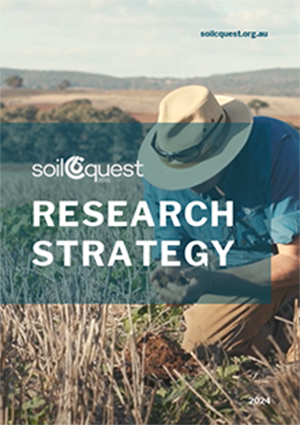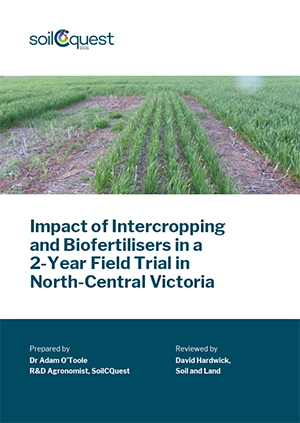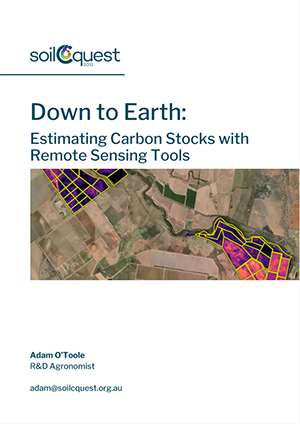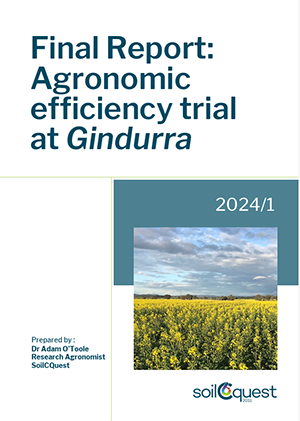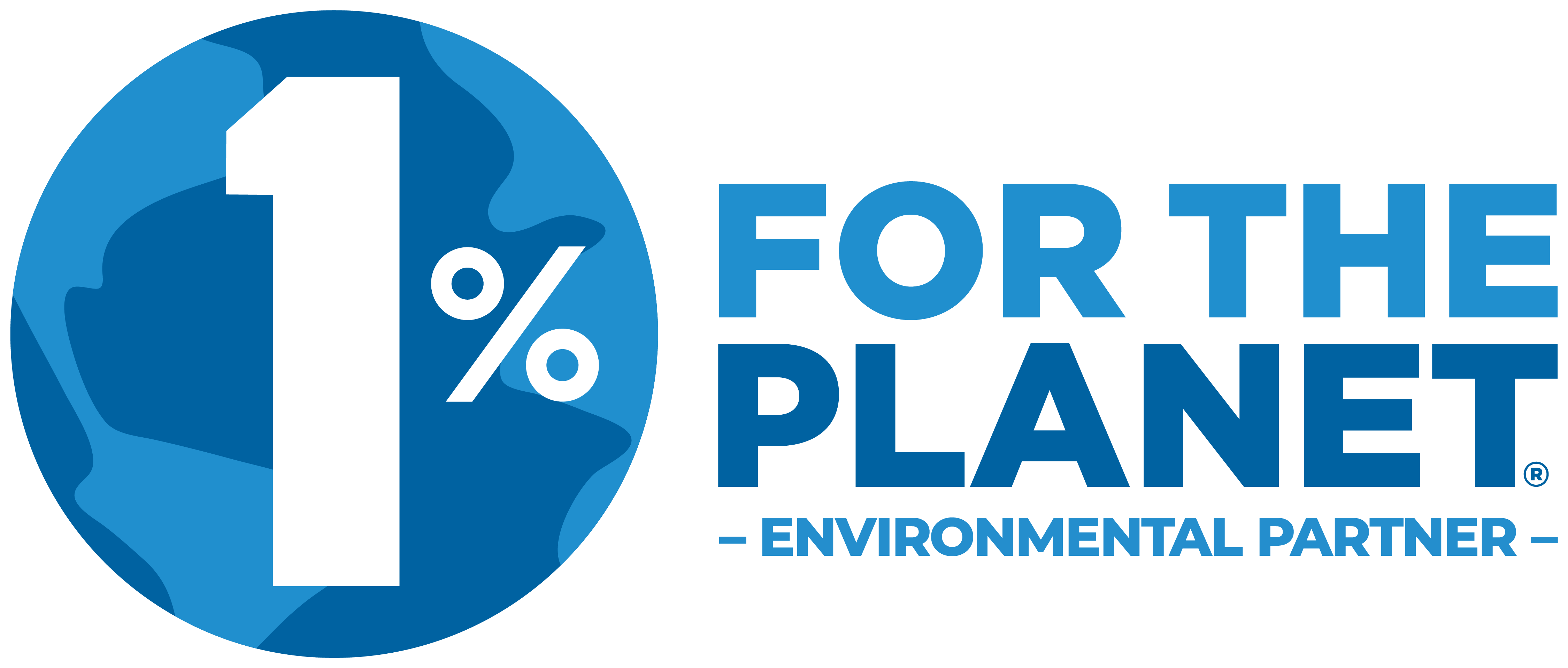Our research

We research grower innovations that
build soil carbon and reduce emissions

We measure and validate carbon farming systems and practices through the three lenses of economic viability, soil carbon and emissions reduction science and adoptability. Our research is impactful, collaborative, resourceful, feasible, and ethical.
We conduct high-impact research to solve real-world problems by addressing knowledge gaps and contributing to the existing agricultural soil carbon evidence base.
At SoilCQuest 2031, we believe everyone has a role to play in research. Co-designed research is an iterative and dynamic process between researchers and farmers.
By collaborating with farmers, academia, industry and government, we support and enable research and the translation and integration of research across all sectors.
Strategic research
SoilCQuest Research Strategy
Our three-year Research Strategy 2024-2026 is informed by two research goals:
- Increase the adoption of scientifically validated and economically viable farming practices that build soil carbon.
- Support farmer innovation, scientifically validate their practices, and promote widespread adoption.
Increasing photosynthetic carbon inputs and reducing soil carbon loss are vital pathways to turning around Australia’s soil carbon stocks. SoilCQuest researches methods within these pathways across broadacre agriculture, including cropping and pasture systems. Our research themes below address soil carbon sequestration pathways:
- Amelioration of under-performing soils
- Increase plant species diversity in cropping and pastures
- Increase the use of perennial plants in agricultural landscapes
- ‘Connecting the dots’ – finding efficiencies and synergies
- Biomass conversion for biochar production
- Building soil carbon via bigger root systems.
SoilCQuest is unique in working with farmers directly using co-design approaches to provide unbiased information that contextualises agricultural research within a commercial environment. We seek to scale up the adoption of our findings by prioritising applied research directly on commercially viable farms rather than in controlled lab or greenhouse settings..
Our primary objective is to address farmers’ needs which guides our experimental research designs. While we focus on practical outcomes rather than academic publications, we strive to design research projects that allow valid statistical analysis.
Our strategy also aligns with the ACCU Scheme and embraces state-of-the-art research and digital and remote-sensing tools.
SoilCQuest has a constitutional purpose in research activities designed to increase the amount of atmospheric carbon stored and retained in soil utilising Australian Carbon Credit Unit (ACCU) retirement mechanisms that are commercial alternatives to offsetting.
Our ForGood Carbon research project seeks to understand, through secondary research and applied discovery testing (piloting), activities which increase the amount of atmospheric carbon stored and retained in soil. This will be approached utilising ACCU retirement mechanisms that do not involve offsetting, through the application of a new model of enhanced farmer and donor engagement in carbon credit projects with co-benefits.
Initial desktop research defines what constitutes a high-integrity carbon unit, one that goes over and above singular drawdown activity and results in ethical, additional environmental and/or societal benefits. Secondary and social discovery research through a high impact experiential pilot program seeks to unlock potential for wide adoption of a new holistic carbon farming framework and climate action model, introducing an alternative to offsetting for the fate of ACCU’s with co-benefits.
The research proposes to drive adoption by identifying and implementing efficiencies and synergies for integrating carbon research, relevant to agricultural systems, which promote practical and viable carbon-building innovations and opportunities.
SoilCQuest has a constitutional purpose in research activities designed to increase the amount of atmospheric carbon stored and retained in soil utilising Australian Carbon Credit Unit (ACCU) retirement mechanisms that are commercial alternatives to offsetting.
Our ForGood Carbon research project seeks to understand, through secondary research and applied discovery testing (piloting), activities which increase the amount of atmospheric carbon stored and retained in soil. This will be approached utilising ACCU retirement mechanisms that do not involve offsetting, through the application of a new model of enhanced farmer and donor engagement in carbon credit projects with co-benefits.
Initial desktop research defines what constitutes a high-integrity carbon unit, one that goes over and above singular drawdown activity and results in ethical, additional environmental and/or societal benefits. Secondary and social discovery research through a high impact experiential pilot program seeks to unlock potential for wide adoption of a new holistic carbon farming framework and climate action model, introducing an alternative to offsetting for the fate of ACCU’s with co-benefits.
The research proposes to drive adoption by identifying and implementing efficiencies and synergies for integrating carbon research, relevant to agricultural systems, which promote practical and viable carbon-building innovations and opportunities.
On-farm research
trials with growers
SoilCQuest 2031 brings research to the paddock to support big and small farming operations to build soil carbon for resilience and productivity. Our approach focuses on capacity-building in farmers through accessible communication of research findings and providing pathways for them to explore and adopt soil carbon-building practices.
SoilCQuest’s research portfolio includes:
- Evaluating the effects of granulated compost on grain yield, soil carbon, and soil health indicators in a broadacre system.
- A case study on whether time-controlled cell grazing can significantly enhance the soil restorative effects of multi-species cover crops compared to set stock grazing.
- A laboratory study to assess current products and compounds that show efficacy in stimulating plant root growth, with the aim to find a product or compound that could, in dry powder form at planting time, enhance the root growth of cereal crops (leading to downstream benefits for soil carbon sequestration).
- Multi-graze, an applied research project, a collaborative effort between SoilCQuest and farmers that focuses on paddock-scale trials to document the agronomic and economic impact of implementing climate-smart agricultural practices.
Impact of Intercropping and Biofertilisers in a 2-Year Field Trial in North-Central Victoria
Read more...
In 2019-2020, SoilCQuest, Grant Sims, and Kalyx conducted a field experiment to assess soil carbon changes and crop yields in intercropping versus monoculture systems, comparing the effects of biofertiliser and synthetic fertilisers over a 2-year rotation. The study also evaluated the economic benefits of using farm-made biofertilisers in intercropping compared to monoculture with mineral fertilisers.
Down to Earth: Estimating Carbon Stocks with Remote Sensing Tools
Read more...
SoilCQuest 2031 and Downforce Technologies partnered in a research project to test Downforce’s software for estimating soil organic carbon percentages (SOC%) under different farm management practices. Downforce Technologies is ISO 14064-2 certified, making it the first company globally to offer ISO-certified remote soil organic carbon measurement and land management assessments.
Agronomic N Efficiency Trial at Gindurra
Read more...
SoilCQuest 2031 conducted a trial in 2024 in collaboration with Viridis Ag, at their farm Gindurra in Canowindra, NSW, to test and compare foliar urea-N, and humic-coated urea to uncoated granular urea fertilisation. In this trial, 20% less total N was applied with the foliar application compared to the granular urea treatments. At the end of the season, results showed that there were no statistically significant differences in canola yield across treatments.
Climate Resilient Soils Network project
In this project one plot and three paddock-scale trials were conducted to investigate the influence of various microbial inoculants and farming systems on soil properties and agricultural yields with the aim to increase water use efficiency, boost soil carbon and climate resilience in agricultural systems.
Read more...
Between 2020-21, SoilCQuest conducted small plot and paddock-scale trials as part of their successful delivery of the ‘Climate Resilient Soils Network’ project under the Australian Government’s Department of Agriculture and Water National Landcare Program – Small Farms, Small Grants.
The most significant outcome of this project was the adoption of climate-smart cropping practices by three farmers managing 6,660ha in Central West NSW, these being the use of microbial inoculum and intercropping for improved soil organic carbon and soil health for drought resilience.
This project included field trials on three farms in Canowindra, Forbes and Manildra and a small plot trial in Young. The adaptive research optimised a cross-scale learning-by-doing approach, with results highlighting the challenge of both spatial and temporal soil heterogeneity, which, in this case, reverted or did not allow for detecting (short-term) changes in soil carbon content, soil aggregation or crop yield. To demonstrate the ultimate effectiveness of microbial management on soil properties, multi-season, spatially stratified and more in-depth coverage of soil heterogeneity are required than what was undertaken in this project. The 2021 season was not rainfall-limited, so water use efficiency data could not be examined as initially planned.
The project showed the success of legume-cereal intercropping for nitrogen provision to minimise expensive nitrogen fertilisation for both the intercropped and subsequent growing periods.
SoilCQuest would like to thank the following people and groups for the amazing support over the period of this project:
-
- Collaborating farmers Luke & Alex Wood, Stuart & Ellen McDonald & Steve Nicholson
- Landcare networks Central West Lachlan Landcare, Mid Lachlan Landcare, Little River Landcare, Central Tablelands Landcare & Weddin Landcare
- Industry supporters Kilter Rural, David Hardwick, Sumitomo Chemicals, Loam Bio, Top Soil Organics
- Australian National University
- The Ian Potter Foundation
- The Australian Government’s Department of Agriculture and Water
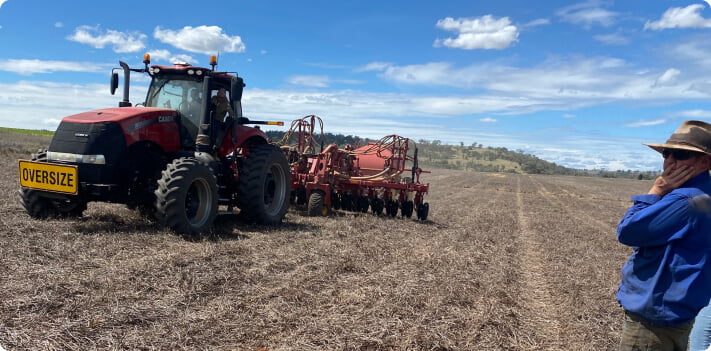
Support Our Work
SoilCQuest is an independent, for purpose, not-for-profit organisation bringing science and agriculture together to increase soil carbon for profitable farming systems to respond to climate change. Your donation will support our research endeavours, enabling us to champion farming as a solution to climate impact through initiatives, including our Carbon Farmscapes Program.
Gifts made to SoilCQuest are tax deductible.

